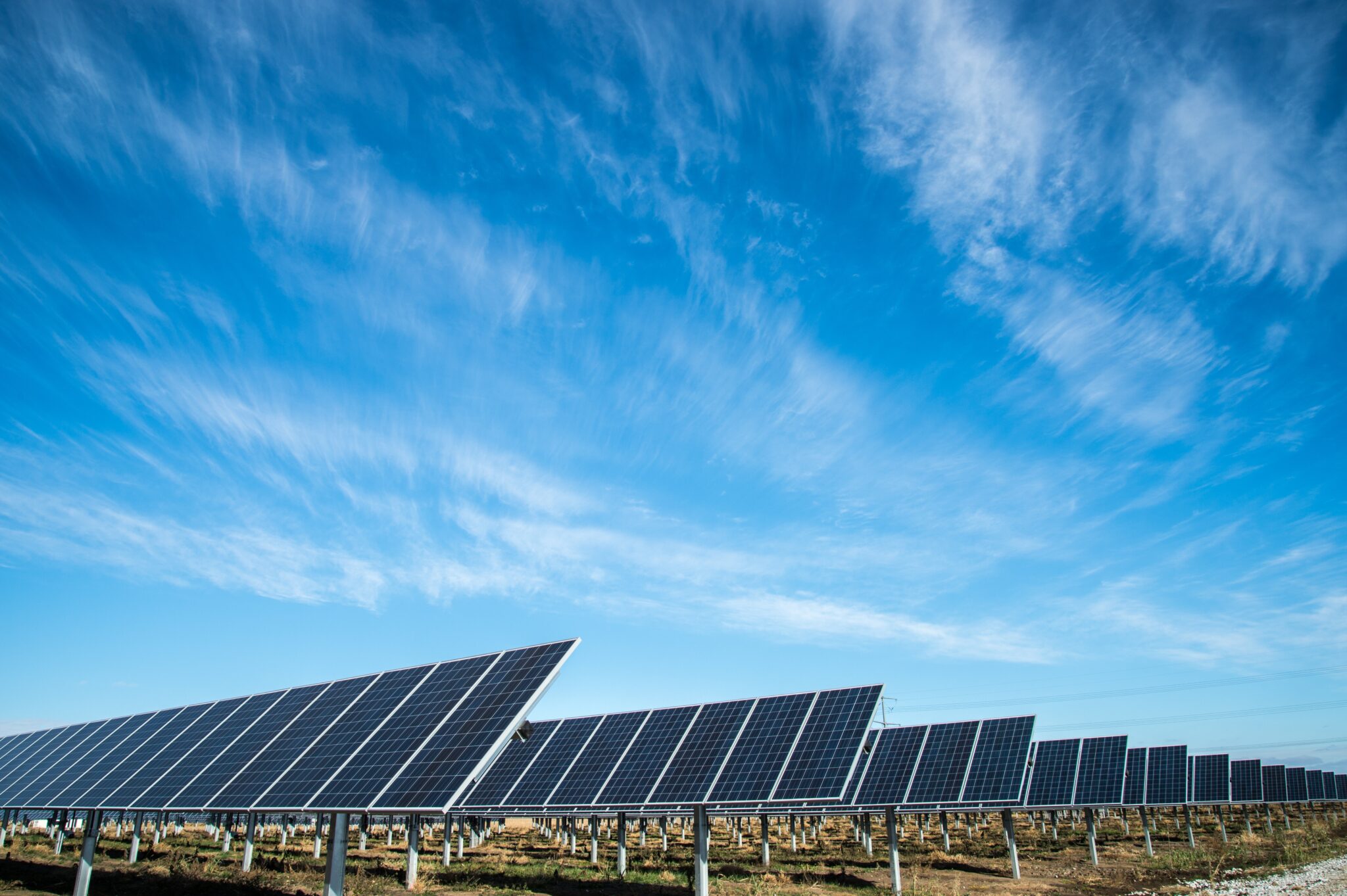This is Your Solar Jargon, Decoded and Simplified

Solar Jargon: Decoded and Simplified
Solar energy is a type of renewable energy. It is harnessed from the sun and transformed into electricity which is then used to heat air, water, or other substances. These days, there’s a conscious shift towards renewable energy from non-renewable energy sources because of the harmful effects to the environment it ensues when we extract them. Non-renewable energy sources are fossil fuels such as natural gas, coal, oil, and nuclear energy. These types of energy, even though they are still abundant and efficient, are still in danger of running out in the future, and contribute much to environmental pollution.
Solar energy, while still in the stages of development and innovation, has been a popular alternative energy source. It can be harnessed from the sun, which is an accessible and inexhaustible source. There are two main kinds of solar energy, namely:
Solar Photovoltaic
Solar photovoltaic or PV cells is a type of technology which uses photovoltaic cells which are incorporated into panels.
Solar Thermal
Solar thermal is the type of energy which converts thermal energy into electricity by heating the fluid to produce steam that will power a generator to produce electricity.
Solar energy is fast becoming the best alternative to non-renewable energy. It is increasingly becoming more affordable as the technology improves. To know more information about solar energy, here are some of the solar jargon that you need to know.
Solar Battery
Solar Battery is a type of battery which uses photovoltaic cells to convert sunlight into electricity. It is a rechargeable battery which supplies excess energy to be used during off-peak hours or during the night.
Solar Panel
Solar Panel is a device which consists of solar cells that convert sunlight into electricity.
Monocrystalline Solar Panel
Monocrystalline solar panel uses silicon, specifically black-coloured, diamond-shaped, single crystal silicon in its panels; more expensive but more efficient than a polycrystalline solar panel.
Polycrystalline Solar Panel
Polycrystalline solar panel uses many light-coloured silicon crystals and are typically rectangular shaped; is cheaper but less efficient than a monocrystalline panel.
Solar Inverter
Solar inverter or a PV inverter is a type of electrical converter which converts the variable direct current (DC), into AC, or utility frequency alternating current.
Photovoltaic Cells
Photovoltaic cells or PV cells is a device that harvests sunlight, converts solar energy and then transforms it into electricity.
Amorphous
Amorphous a type of PV cell made of a thin layer of silicon.
Alternating Current
Alternating current is the kind of electric current which reverses and changes direction.
Direct Current
Direct current is the kind of electric current which flows in one direction.
Conductor
Conductor is the material through which electricity flows through.
Thermal System
Thermal system is a solar system which uses solar thermal collectors to harness solar radiation to convert it to heat.
Feed-In-Tarrif
Feed-in-tariff - also known as FiT, a policy mechanism funded by the government which is designed to accelerate the production of renewable energy sources.
SolarFarm
Solar farm - also known as solar park or solar field, consists of a large number of ground-mounted solar panels that span an area of 1 to 100 acre; they are used to power a multitude of homes.




